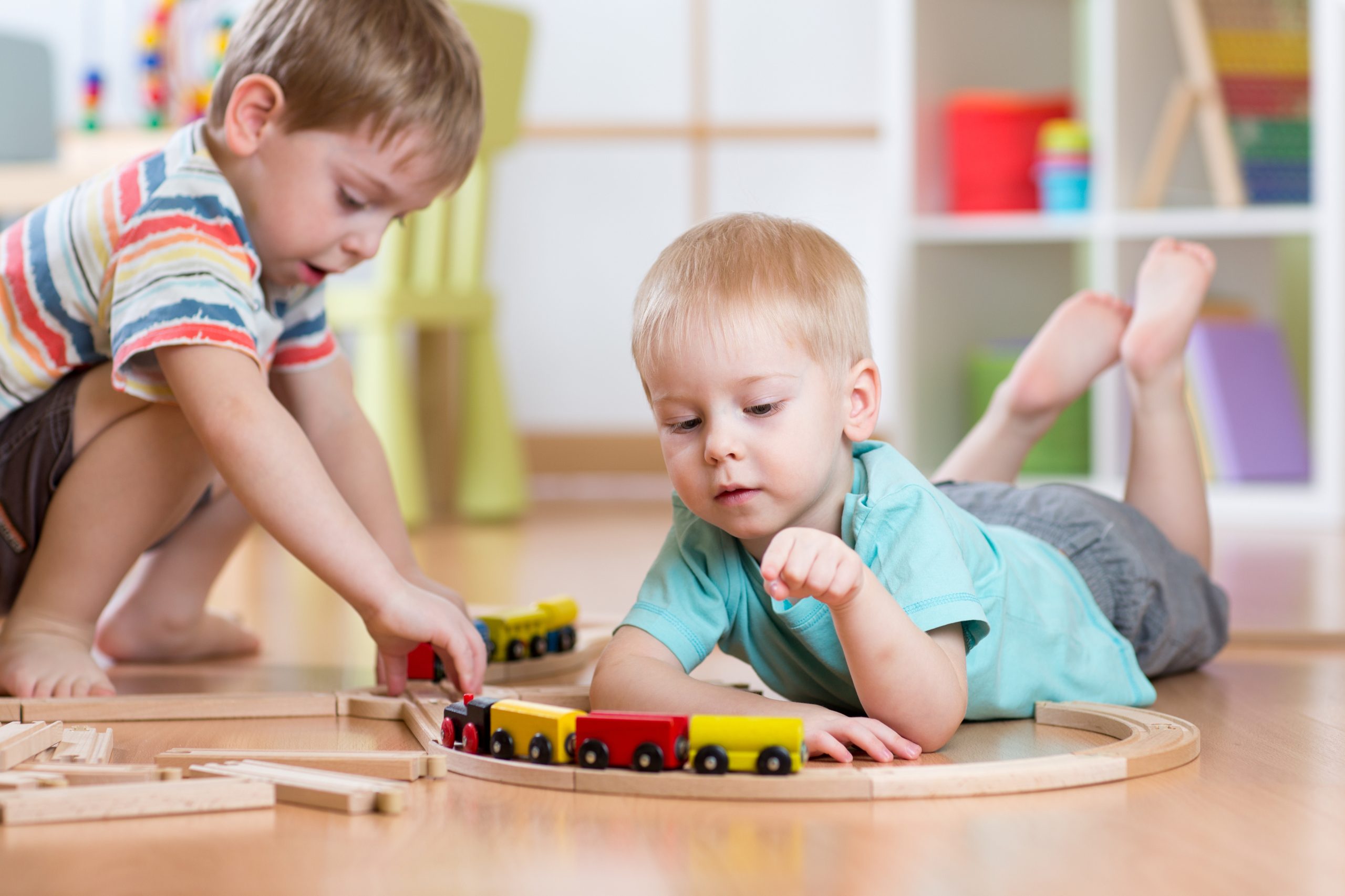Learning how to play is easy for some children and harder for others. Here’s why it’s important that you step in early to help your child make friends.
“Oh, I get by with a little help from my friends” is surely a familiar line to us all – it is, after all, a lyric from one of the most well known songs written by The Beatles.
And although it’s from a song, this lyric rings true. We all need friends (for many varied reasons) and, of course, children are no different. While some parents look on adoringly as their toddler wanders over confidently to befriend and play with another child sitting in the sand box or making a LEGO tower, other parents worry as they observe the start of what appears to be anti-social behaviour in their son/daughter. For parents finding themselves in the latter group, the great news is there’s no need to worry – experts have said that, with early enough guidance, even the least social of our children can learn to understand and build friendships as well as learn to adopt an inclusive attitude with all those who wish to play with them.
The Importance of Play
For many parents, and parents before them, the emphasis on child rearing is oftentimes focused on ensuring that a child’s social skills develop well – and rapidly. Does your son/daughter say “please” and “thank you”? Does he/she gravitate towards meeting new people or hide behind your leg and shy away? And the most important thing (aside from academic-based topics) that preschool teachers seldom go through a parent-teacher conference meeting without being asked is: Is my child making lots of friends? But what parents should be asking themselves is whether or not their child knows how to play with other children. Being able to play with others, after all, translates into befriending them. It follows that play comes before social skills (rather than the reverse) – so the importance of the two in parents’ minds should reflect this.
“Friend-making” usually starts at around 18 months, when a child’s sense of self starts to emerge and they begin to understand feelings and the idea that people are different. By the age of five, children normally start to desire building a larger group of friends, beyond the one or two play-date partners they had (or their parents found for them) growing up. But it’s important that parents step in to teach their children about making friends at the 18-month mark, rather than leaving it to the 5-year mark. This is something especially pertinent to children who don’t necessarily find making friends a natural experience – this is more common amongst first-borns, only children or children with more shy personalities. But regardless of how easily your child appears to make friends, it never hurts to help them out. Start early.

Copyright: Rawpixel.com
How Can Parents Help?
Anyone who knows me knows that, as a firm believer in feminism, I’ll be the first to encourage the dismissal of gender roles and stereotypes. But for the sake of general parenting tips and facts proven to be true in the majority of cases via extensive research, parents should recognise that girls and boys (at the early preschool age) tend to value different things in friendships. Although there are plenty of exceptions, boys generally find “doing stuff” (activity) at the centre of their friendships – the bond over a mutual love for kicking around a football, for example – while girls tend to start forming emotional connections to their friends that they consider very meaningful. It’s also true that friendships trend towards being gender-exclusive (“boys have cooties” and the lot), which is also important to note when you’re trying to teach your child how to play with all types of people. Given the above, here are a few ways parents might help their children understand and build friendships:
- Model and teach communication by displaying how to “be a good sport”. This might be through encouraging turn-taking and team work at home through a game setting.
- Help with logistics – i.e. take initiative and arrange play dates with different children.
- Help your child “fit in” and retain friends. In doing this, it’s important that you create a good relationship with your child’s teacher and work together with him/her to create a supportive environment in which your child can make friends. You should make an effort to talk to teachers about your child’s friendships at this early age (without being overbearing or intrusive) so that you know which friendships to support. Don’t be afraid to ask for friendships to be considered if classes are getting shuffled around, either.

















